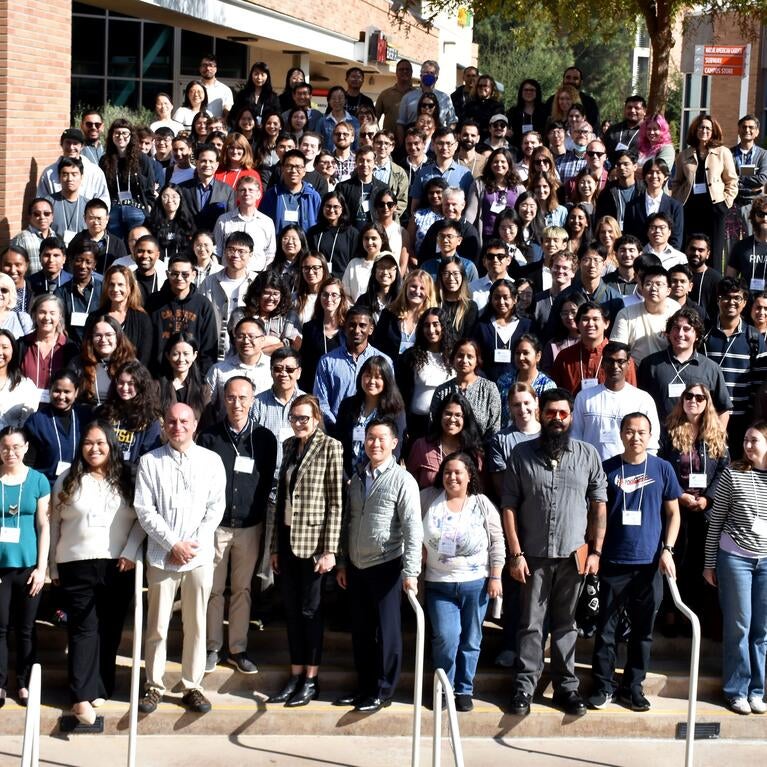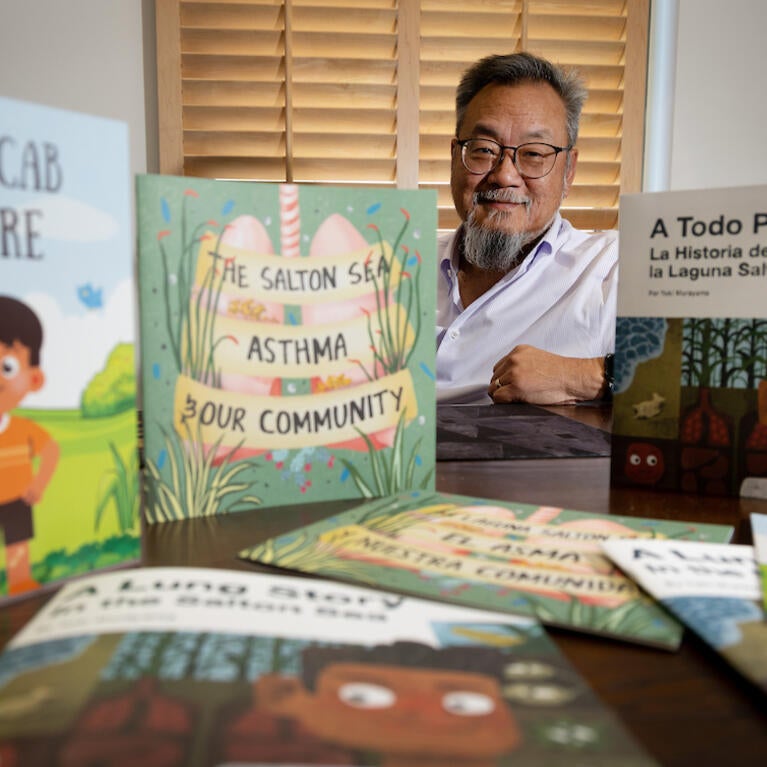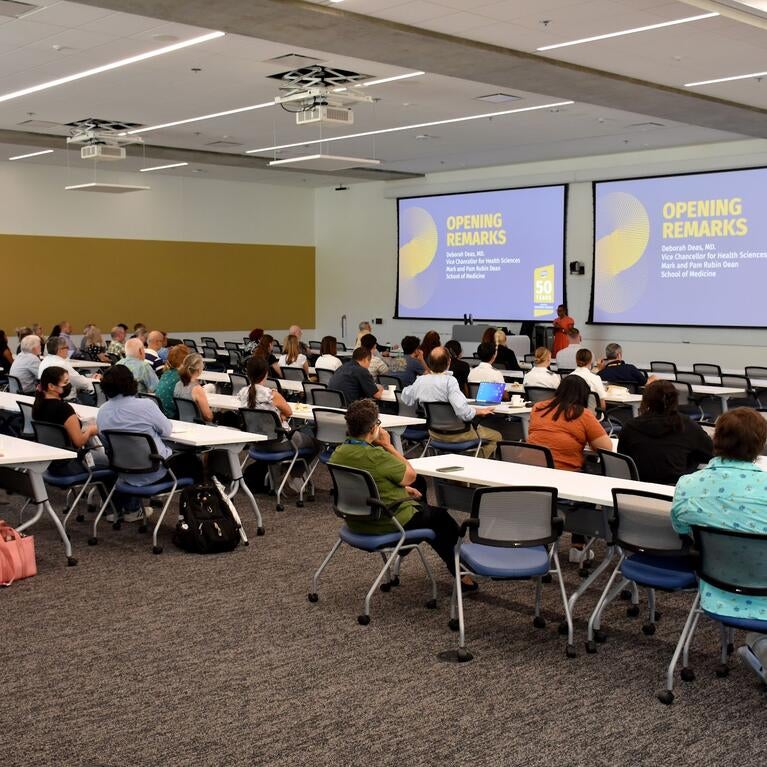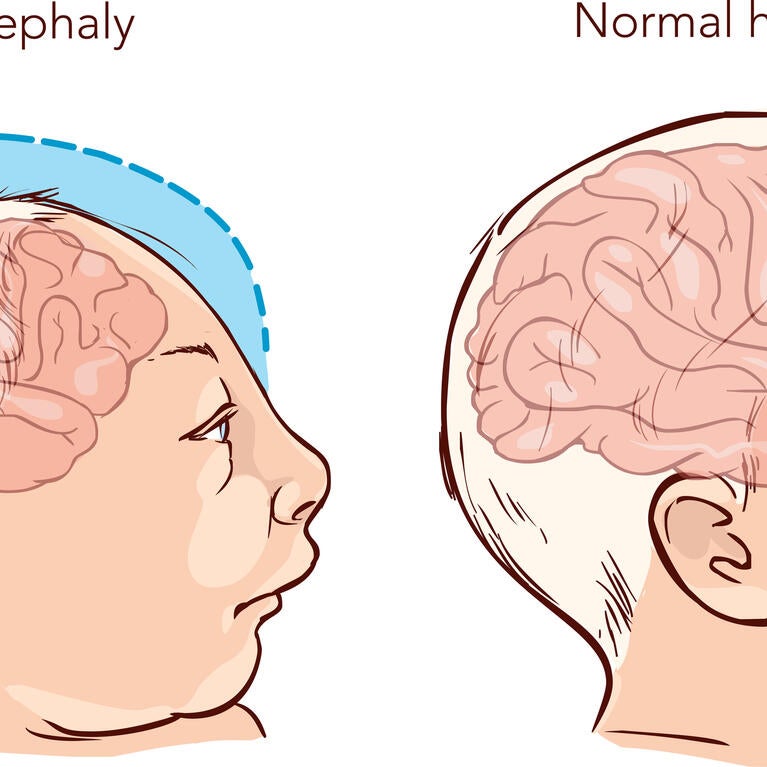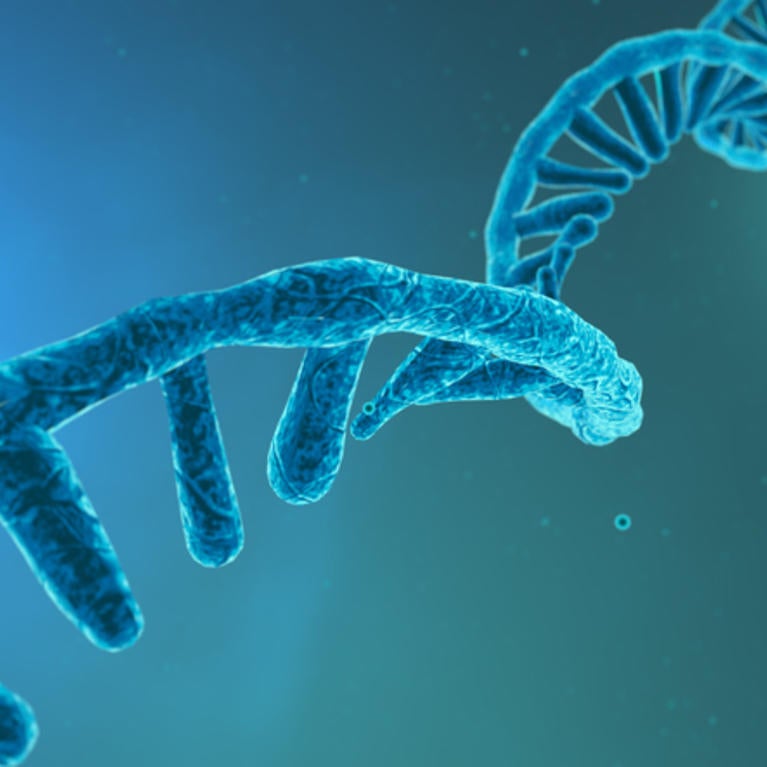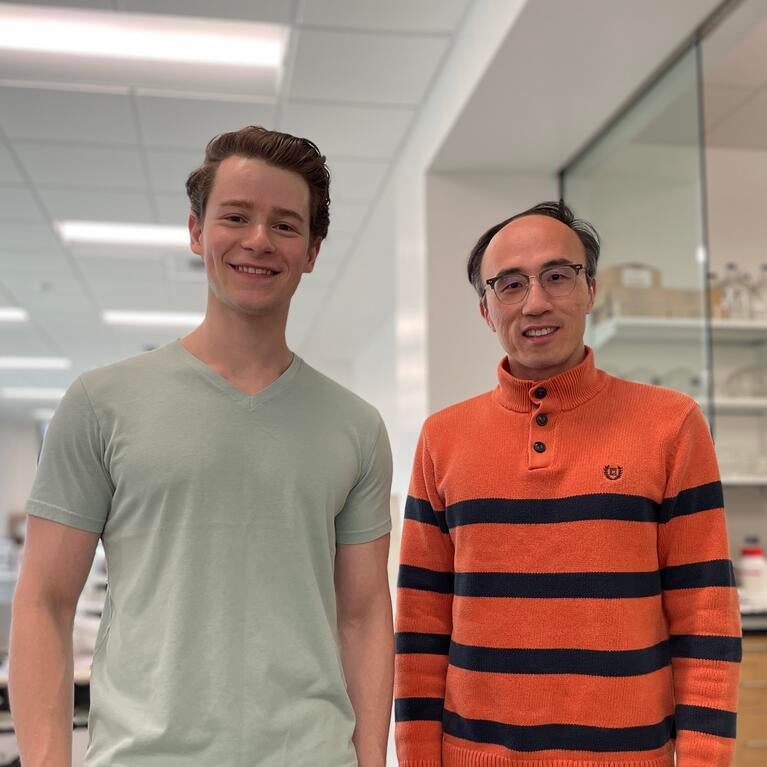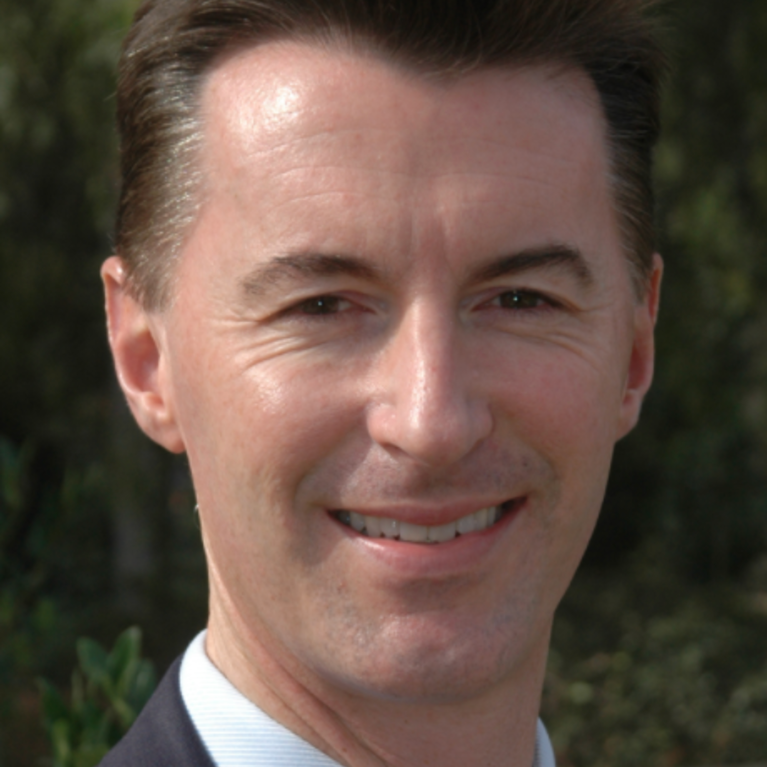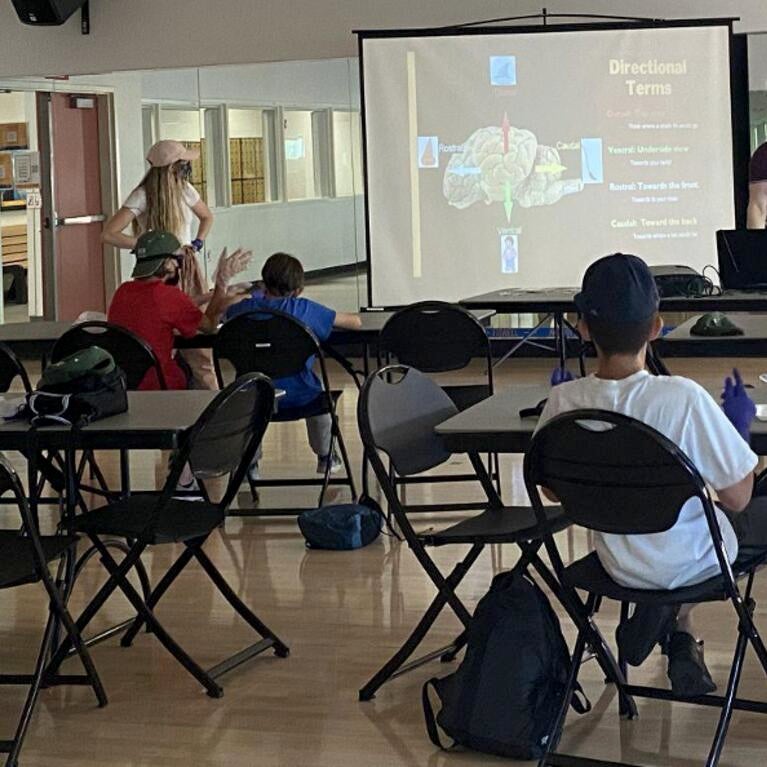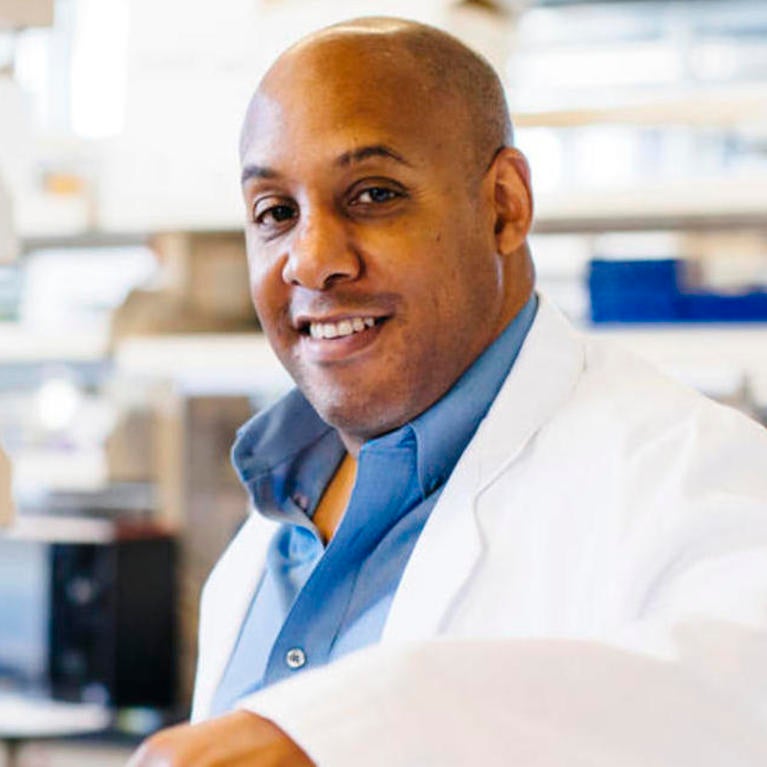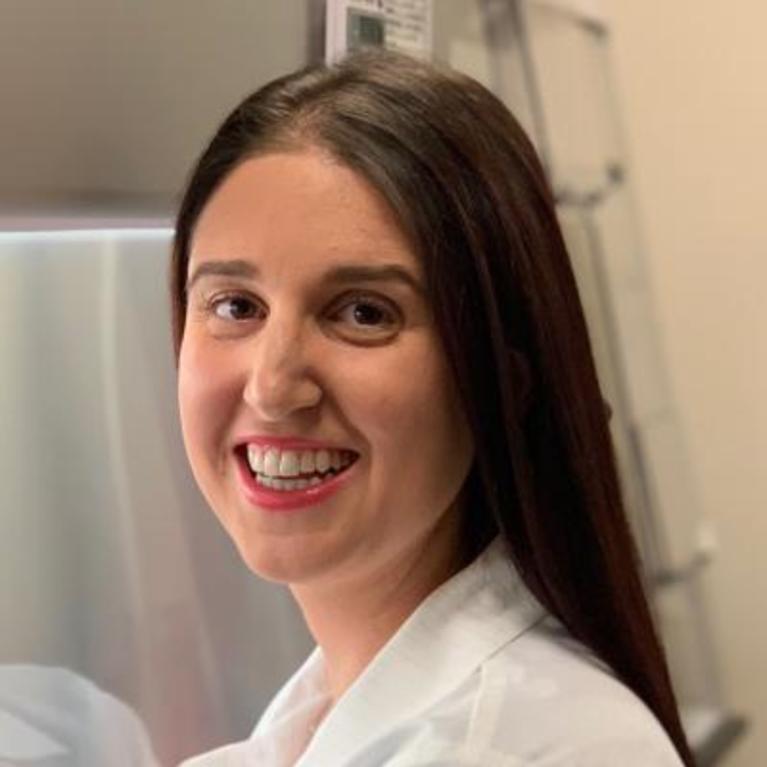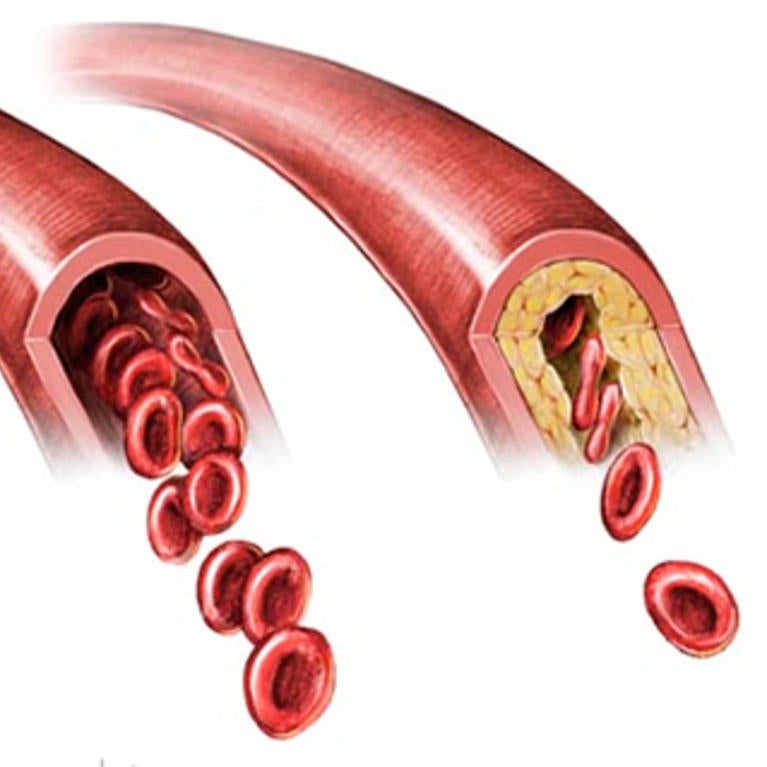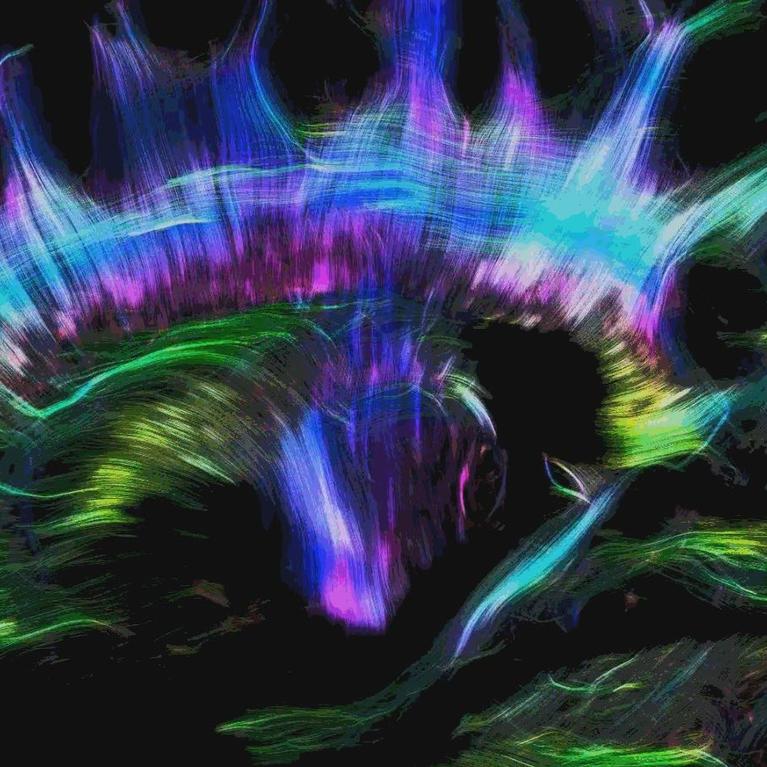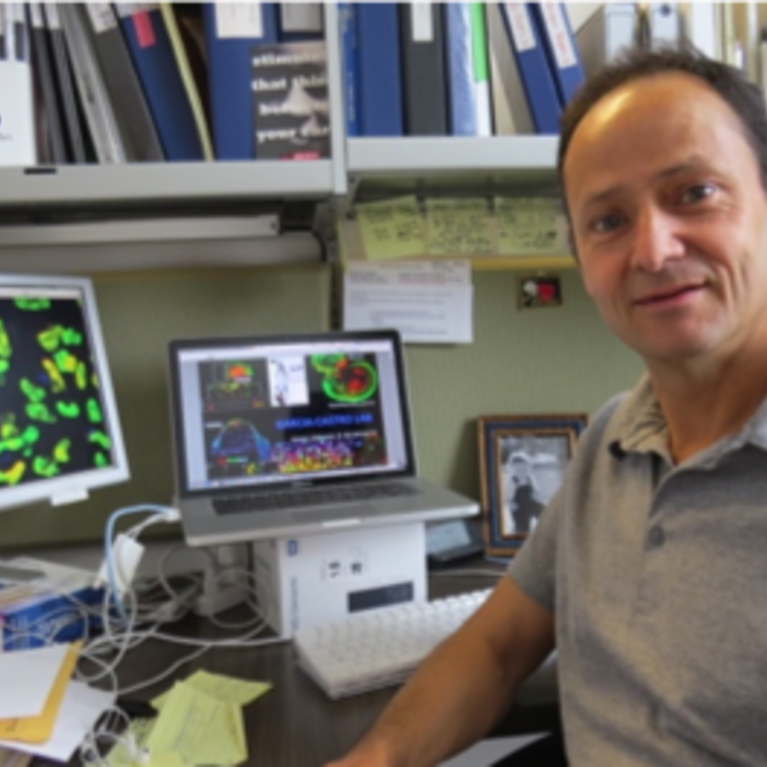Content Tagged with: Biomedical Sciences
RNA research takes center stage at UCR
Third annual symposium brought together top scientists in the RNA field, strengthening UCR’s role as an RNA research hub
Using comic books to communicate health issues
UC Riverside’s David Lo has launched a series of graphic narratives to make public health information more accessible
Researchers contribute chapter to pediatric psychology handbook
Addressing DEI meaningfully will help reduce disparities and improve well-being, authors argue
Biomedical scientist receives his 14th challenge coin
Scott Pegan is a lieutenant colonel in the United States Army
Division of Biomedical Sciences begins its 50th anniversary celebration
The division originated the idea of establishing a medical school on campus
Research breakthrough on birth defect affecting brain size
Nonsense-mediated RNA decay, or NMD, is an evolutionarily conserved molecular mechanism in which potentially defective messenger RNAs, or mRNAs (genetic material that instructs the body on how to make proteins), are degraded. Disruption of the NMD pathway can lead to neurological disorders, immune diseases, cancers, and other pathologies. Mutations...
Second annual RNA symposium advances research and fosters collaborations
Attendees included National Academy of Sciences members and prominent scientists from UC Riverside, UC Berkeley, UC San Diego, UC Irvine, Stanford University, University of Toronto SickKids Research Institute, and City of Hope
What role does alternative splicing play in neurodegenerative disease?
UC Riverside scientists David Nikom and Sika Zheng explain in a timely review
Biomedical sciences postdoc awarded UC fellowship
Meli’sa Crawford will examine the effects of agricultural dust exposure on intestinal barrier function
Biomedical scientist named fellow of American Gastroenterological Association
Fellowship honors Declan McCole’s professional achievements in the gastrointestinal field
Biomedical scientist promoted to lieutenant colonel
Scott Pegan is an international expert on Crimean Congo Hemorrhagic Fever
Biomedical scientist to study novel mechanisms of Alzheimer’s disease
Sika Zheng in the School of Medicine has received a grant of $250,000 from the National Institutes of Health
Using sheep brains to make waves
There was a time when Brain Awareness Day, which takes place each April, was just about the only outreach activity of the UC Riverside Neuroscience Graduate Students Association, or NGSA. But that changed when second-year graduate student David Nikom came to UCR in September 2020 from the University of Massachusetts Amherst after receiving his...
Grant to biomedical scientist will support cerebral malaria research
B yron Ford, a professor of biomedical sciences in the UC Riverside School of Medicine, has received a grant from the National Institutes of Health, or NIH, to develop a new intervention against cerebral malaria. Human cerebral malaria, or HCM, is a severe form of Plasmodium falciparum malaria, associated with nearly 500,000 deaths in children...
Gene found to play key role in promoting intestinal health
UC Riverside-led study finds PTPN2 contributes to how intestinal epithelial cells and macrophages critically influence each other in the gut
School of Medicine postdoc receives NIH Pathway to Independence grant
Rebekah Charney, a postdoctoral researcher in the School of Medicine, has received a five-year “Pathway to Independence” grant from the National Institute of Dental and Craniofacial Research of the National Institutes of Health, or NIH. The career development grant will support Charney’s research on the role of critical genes in human neural crest...
Study shows receptor regulates atherosclerosis
PXR may be a potential therapeutic target to combat cardiovascular disease
Diffusion tensor imaging for multiple sclerosis diagnosis
The technique is more efficient than MRI to examine changes in water flow in the brain in mice
A quicker way to culture neural crest cells
Two studies advance research in embryonic cells that are critical for human health
